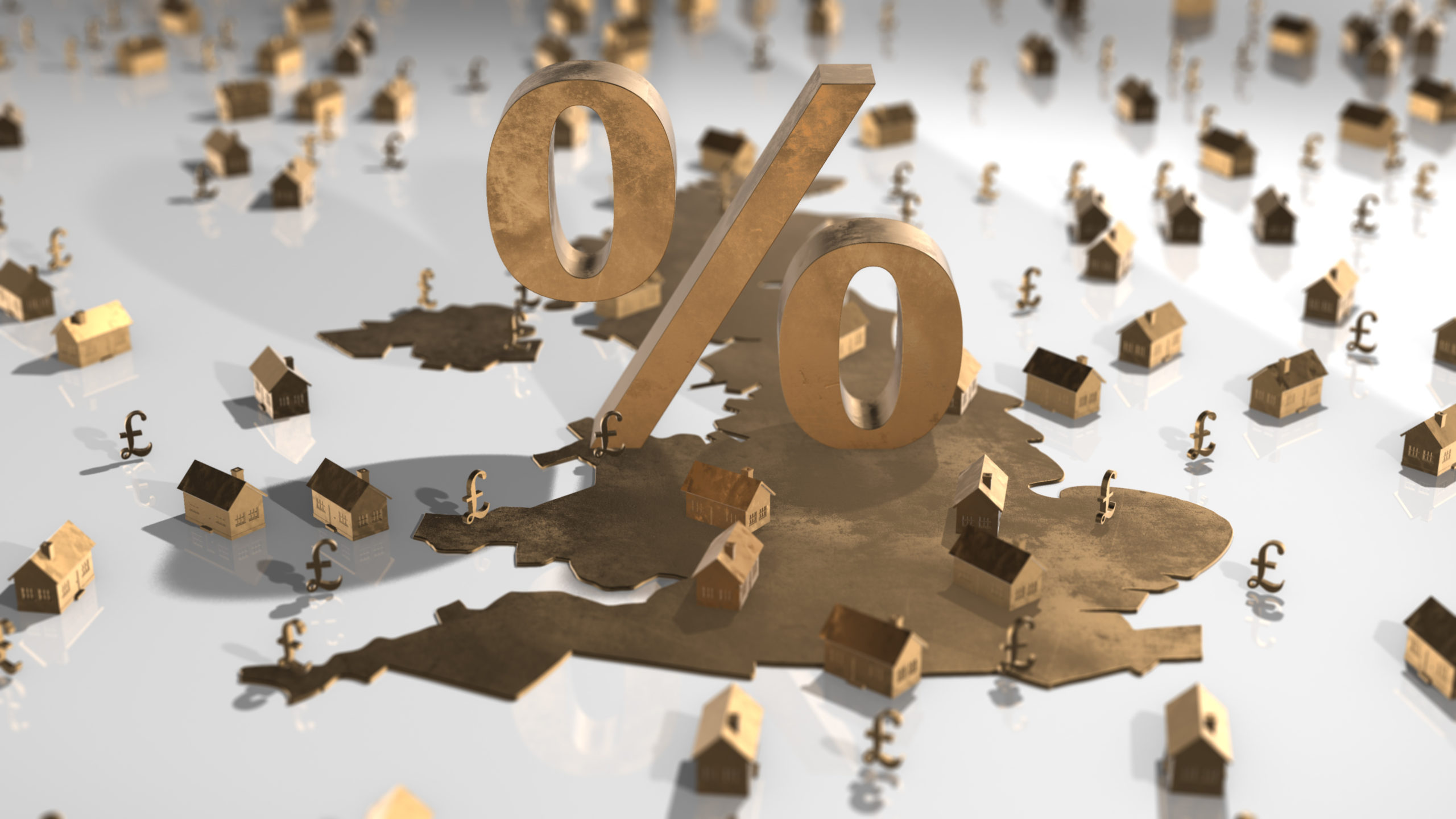What Millennials Need to Know About Investing in Property

Although millennials are known to be more conscious about their money and savings, they’re not as prepared when it comes to future property investments. A report by Bankrate revealed that 39% said cash is their preferred investment over stocks and property. However, experts suggest they are approaching it all wrong in terms of their future, as this age group (21-37 years-old) has the biggest retirement savings burden.
“The preference for cash and aversion to the stock market among young adults is very troubling,” said Bankrate chief financial analyst Greg McBride. “They won’t get there without being willing to assume a little short-term price risk in their long-term money.”
The housing market is one of the most ideal long-term investments for millennials, as their age gives them enough time to put money into it and further expand it. Although, it can be overwhelming to start off, especially for those who are still carrying the load of previous debts such as student loans.
Therefore, with that in mind, here is a quick guide on how millennials can start to invest in the housing market.

It’s The Best Investment
Why would someone want to purchase a property if they are not willing to live in it? Yes, some investors look at investing in a house as a way to resell land or a house for a higher price, for various reasons. First, property investment pays a fair cash-on-cash return. When buying property, if you have the option, the best thing to do is to take some money out of liquid financial assets (bonds, stocks), then invest it in housing. This earns a 4% to 6% rate of return on the financial assets.
However, investors need to strive to earn a fair cash-on-cash rate of return on the property by purchasing cash flow-positive real estate that earn decent returns. In addition, investing in housing has been found to be less risky if investors own the property. However, it’s highly recommended that you get a good management company to help you look after the tenants as if not it can become rather problematic.
The Economy Plays An Important Part
Just like the price of basic commodities, the economic status of a country greatly affects the value of housing, whether it’s land or a built property. Thus, millennials need to understand the economic indicators that affect the UK economy. If someone is interested in gathering data about a certain topic, they can always visit the World Bank’s website and look up information they need there.
The Gross Domestic Product is the most traditional way of measuring the economy of a country, but the UK has more economic indicators than their GDP, such as:
- GDP per capita
- Labour market statistics
- Inflation measures
- Household expenditure
- Retail sales
- Consumer confidence
- Balance of trade and payments
- Benchmark interest rate
- Public sector finances
The aforementioned article on the market insights section of FXCM suggests the ‘Halifax House Price Index’ should give you an idea about the standard and price series of housing cost information per region in the country.
“Housing prices in this index, which derives its name from a major mortgage lender, compare values on a quarterly basis in order to smooth out short-term price fluctuations,” the article stated.
There’s no doubt that now is the most ideal time to put your money in housing. Why? Mortgage interest rates are currently very low, motivating individuals that much more to purchase homes and investment properties.

Now Is The Best Time To Invest
There’s no doubt that now is the most ideal time to put your money into property. Why? Mortgage interest rates are currently at an all-time low, proving potential opportunities for first time buyers to purchase their first home at fantastic fixed term rates.
However, what’s important is that if you do have property, don’t make the mistake of borrowing from its equity. If you borrow from the equity of your house it could put it in danger, depending on the state of the housing market. A home equity loan, after all, is backed by your property and if you find yourself unable to make the payments, there’s the possibility that you could lose your home, something that you’ve no doubt saved a considerable amount to make a reality. This shouldn’t apply too much to millennials, but is definitely something worth noting.
Additionally, there has been an alarming number of recent foreclosures across the UK, providing millennials with the opportunity to invest in rental properties without the burden of having to repay mortgage payments. Millennials can do this by forming single or limited partnerships known in the housing market as investing as “syndication” or through “rent to buy schemes”.
There are benefits and shortcomings to both, and this article on AOL has more on the issue. It also shows how it’s imperative to do your research before committing to an investment regardless of how big or small it may be.
Lastly, The Telegraph stated that short sale markets in many locations have created great investment opportunities in getting non-foreclosure homes at a great price. The article cites an example in Truro, Cornwall, where people can invest in 3-bedroom Victorian terraces for the same price as buyers were paying in 2006.
If you’re looking to start building on a property investment portfolio, why not check out at all the property investment options we have on offer or alternatively contact us for help on taking your first step onto the property ladder.

